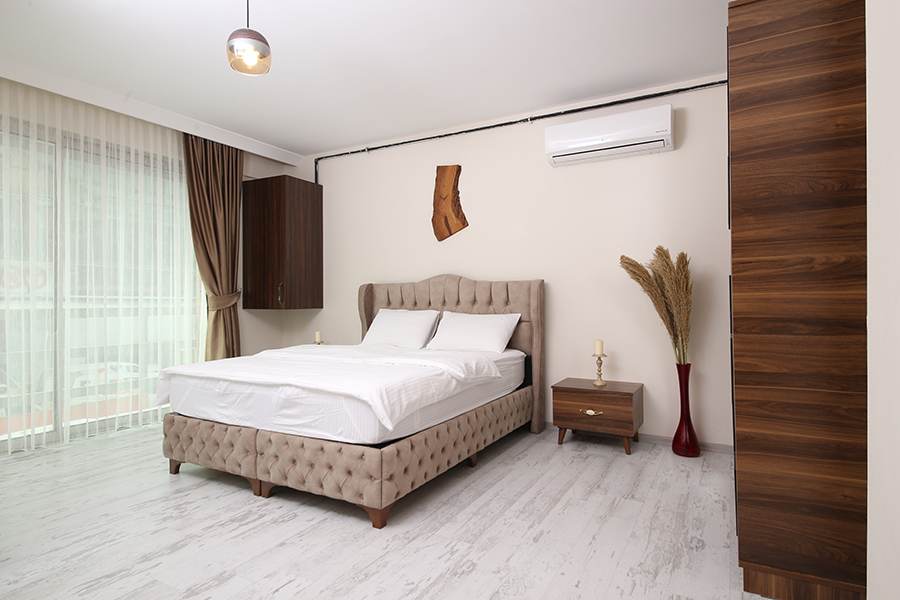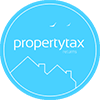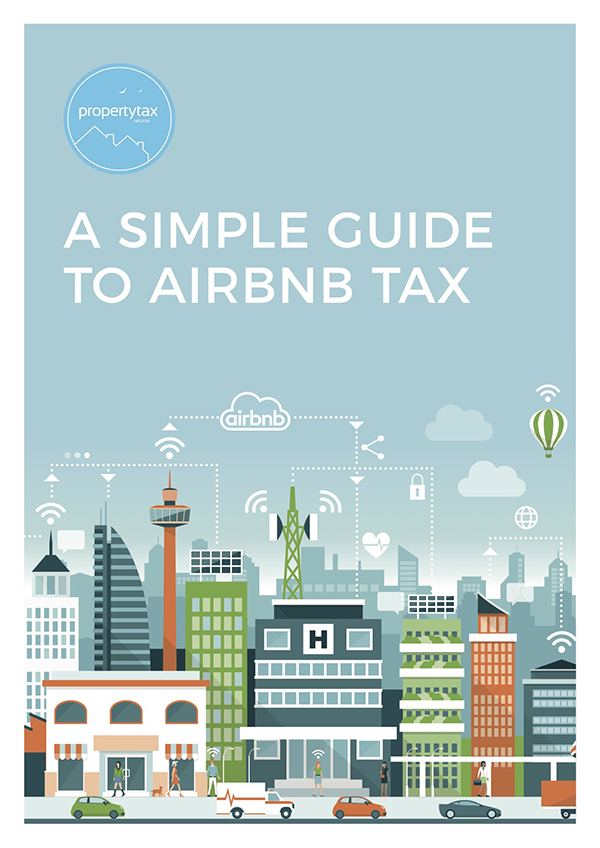We specialise in all things Airbnb
Airbnb is an excellent way to earn additional income by utilising spare space in your home. It can also be used to rent a whole property as a fully-fledged income generating business which can be very profitable and have many tax benefits.
Either way, with Airbnb activity increasing in New Zealand it is important to understand the Income Tax and GST consequences that can arise from an Airbnb activity.
We are Airbnb experts and can ensure that you meet any accounting and tax obligations arising from your Airbnb activity. We can also provide advice in regards to any potential tax pitfalls or benefits that may occur.
Make sure your Airbnb doesn’t turn into a compliance headache, contact us today.

Airbnb, Income Tax, GST or both?
We have compiled some useful information about Airbnb and the Income Tax and GST consequences that can occur. The below is intended to provide a basic understanding of your obligations, if you have any doubt it is best to contact us and ask some questions.
Airbnb & Income Tax
Income earned from providing short-term accommodation is taxable in New Zealand. This means that you will be required to file Income Tax returns to account for the Airbnb income earned. Generally, you will be allowed a deduction for the costs of providing the accommodation, such as interest on mortgages, rates, insurance and the like.
The calculation for deductible expenses will vary depending on the use of the property. If the property is used solely for Air BNB purposes, then the costs directly related to the derivation of income will be deductible in full.
If the property is used for both private purposes (your own accommodation) and business purposes (Airbnb) then the Mixed Use Asset (MUA) rules may apply to apportion the costs.
The MUA rules apply to properties owned by individuals, partnerships, look-through companies, trusts and other close companies and therefore capture the most common investment or asset protection vehicles used in New Zealand.
In addition, where properties are held in family trusts, companies or partnerships and are used for both short term accommodation and private use, there may be requirements to charge a deemed market rental for the private use.
Airbnb & GST
While it is not immediately obvious, providing short-term accommodation can be a taxable supply for GST purposes. This is because the supply of accommodation in a commercial dwelling is not an exempt supply.
The definition of a commercial dwelling in the GST Act includes a hotel, motel, homestay, farmstay, bed and breakfast establishment, inn, hostel, boardinghouse, managed apartment or anything similar to the above.
An Airbnb will usually encompass one or more attributes similar to dwellings listed above. For instance, the short-stay aspect, managed by a third party and the charging of other supplies, such as a cleaning fee all indicate that the dwelling would be commercial in nature.
We note that GST registration would only be required if you breach the threshold of $60,000 in rental income. This threshold is determined based on gross rental (before other costs such as commission fees are paid).
If the rental income received is less than $60,000, you can voluntarily register for GST. There are many situations where this may be a suitable option, such as when you expect to breach the threshold within the next year or two and you wish to make a GST claim on the full purchase price of the property, rather than making a change of use adjustment later which is less attractive.
VIEW OUR SIMPLE GUIDE TO AIRBNB TAX
Take the first step
Providing short-term accommodation can expose you to a variety of tax implications. The good news is that, as with any business, you can reduce the amount of tax that you are liable for by claiming any relevant expenses. The rules in this area are not straight-forward and as such, we would recommend that you speak to us about looking after your Airbnb accounting and tax obligations.

